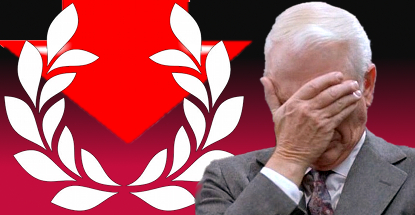 Casino operator Caesars Entertainment Corporation (CEC) saw its shares nosedive on Wednesday after a US Bankruptcy Court judge refused to quash lawsuits challenging the company’s controversial asset transfers.
Casino operator Caesars Entertainment Corporation (CEC) saw its shares nosedive on Wednesday after a US Bankruptcy Court judge refused to quash lawsuits challenging the company’s controversial asset transfers.
On Wednesday, US Bankruptcy Court Judge Benjamin Goldgar rejected CEC’s request to freeze the lawsuits until the bankruptcy of CEC’s main unit is complete. Caesars Entertainment Operating Co (CEOC) filed for Chapter 11 bankruptcy in January, citing over $18b in long-term debt.
CEC has proposed a restructuring plan that would see CEOC reborn as two units – one to manage its casino operations and another to own the property on which those casinos stand. The plan has received the support of senior creditors but junior creditors – who stood to receive only pennies on the dollar after CEC reneged on debt obligations – were having none of it.
The lawsuits, which were filed in New York and Delaware, accuse CEC of ‘looting’ CEOC of its most valuable assets, which were transferred to other CEC divisions ahead of the bankruptcy filing. CEC is not presently part of CEOC’s bankruptcy but has expressed fears that CEC could be dragged into the legal mess if the lawsuits – which seek a combined $11b in damages – were allowed to proceed while the bankruptcy process was ongoing.
CEC shares, which had rallied on Tuesday after word spread that the company had convinced some of its junior creditors to sign on to the restructuring plan, quickly fell as much as 56% as word spread of Goldgar’s decision. Trading was temporarily halted and the stock recovered some of its losses when trading resumed, closing out Wednesday’s trading down a mere 41% to $4.87.
Goldgar’s decision will undoubtedly mean that CEOC’s bankruptcy process will go on much longer and cost CEC – which is footing the legal bill – considerably more. And, as CEC feared, its more profitable assets – including its lucrative Caesars Interactive Entertainment online gambling and social gaming division – could now be subject to further transfers, only this time into the arms of junior creditors.
